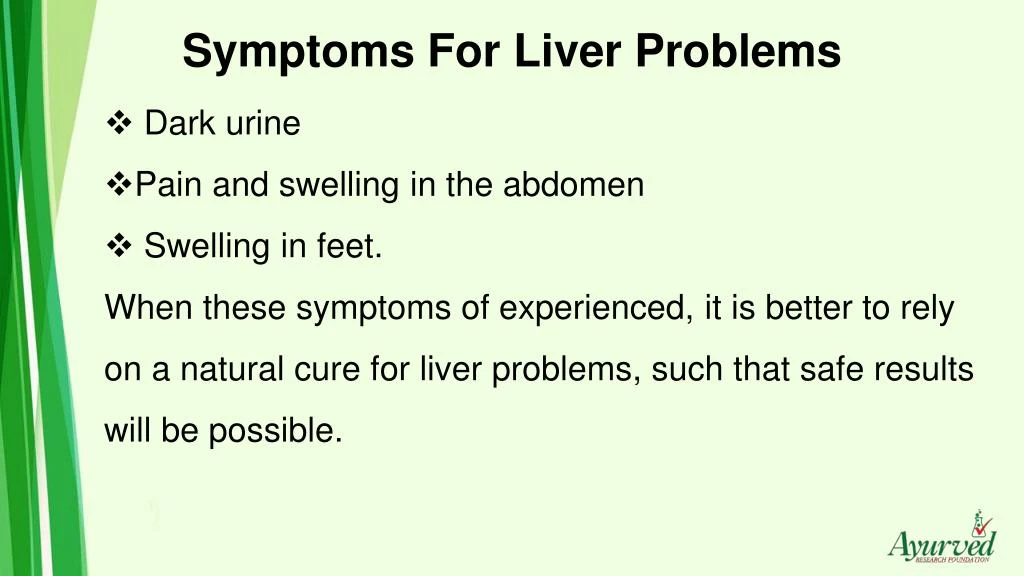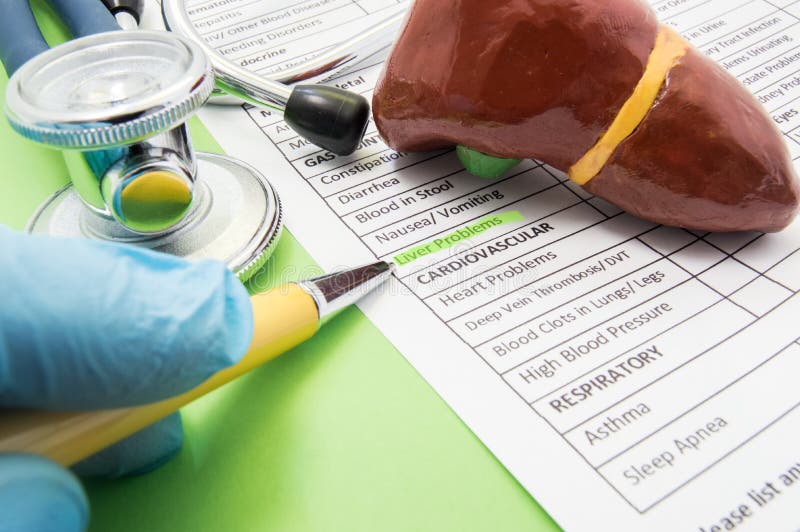
Clinical outcomes in COVID-19 and cirrhosis: a systematic review and meta-analysis of observational studies. A rough cutoff is to hold off on these drugs unless AST or ALT levels are more than 5 times the upper limit. Antiviral therapies: Medications such as remdesivir may be considered even though they can have liver toxicity.However, if strong symptoms of rejection develop in liver transplant recipients during COVID-19 treatment, immunosuppressive therapy may be started. Immunosuppressive medications: Consideration should be given to reducing the dose of medications such as calcineurin inhibitors, azathioprine or mycophenolate, especially with a fever, low white blood cell count, or pneumonia.(There are settings where there may be a clearer benefit such as with alcohol-associated liver disease). For those who are not on prednisone/prednisolone, caution should be taken in initiating treatment. Corticosteroids: If people are on high-dose prednisone, consideration should be given to minimizing the dose (but being careful not to lower the dose too much and create adrenal insufficiency, a condition where the adrenal glands can't produce enough of the hormone cortisol).

Nonsteroidal anti-inflammatory medications such as Advil (ibuprofen) may also be used.
 General treatments: For symptoms such as pain or fever, the preferred treatment is Tylenol (acetaminophen) even though it is metabolized by the liver. Transplant candidates: Those who have severe liver disease and high MELD scores (a measure of liver failure progression) should continue to undergo evaluation for a liver transplant. For the most part, monitoring should be continued, but visits can be delayed 2 months if the incidence of COVID-19 in the community is high. Liver monitoring: People with liver diseases may be monitored on a regular basis to watch for the development of cirrhosis or liver cancer. When cases are high, holding off on starting hepatitis C treatment (and hepatitis B treatment unless someone is having a flare) may be wise, as medications can increase susceptibility to COVID-19. Whether these treatments should be started, however, depends on how many cases of COVID-19 are currently occurring in the community. Hepatitis B and C treatments: If someone has already been on medications to treat hepatitis B or C, they should continue taking the drugs. People who have had a liver transplant and are receiving medications such as Myfortic (mycophenolate) but do not have COVID-19 should also continue with the meds to prevent rejection. Immunosuppressive medications: For those with autoimmune liver disease, the dose of immunosuppressive medications such as Imuran (azathioprine) should generally not be changed. These medications should not be discontinued abruptly. At the current time, it's recommended that these meds be continued, but at the lowest dose possible to control your liver disease. Corticosteroid medications: For people who have autoimmune liver disease, corticosteroids such as prednisone are often a mainstay of treatment to reduce or stop a flare-up, but these medications have immunosuppressive effects. This could be due to immune dysfunction from their underlying condition or immunosuppressive medications used to prevent rejection. Liver transplant recipients: People who have had a liver transplant have a significantly higher risk of testing positive for COVID-19 and are thought to be more susceptible to developing the illness. Other factors, such as increased adherence to prevention measures by people with cirrhosis, could account for some of this difference. This is somewhat surprising given the immune effects and inflammation seen with cirrhosis. Cirrhosis: In a large study, it was found that people with cirrhosis were less likely to test positive for SARS-CoV-2 than the general population.
General treatments: For symptoms such as pain or fever, the preferred treatment is Tylenol (acetaminophen) even though it is metabolized by the liver. Transplant candidates: Those who have severe liver disease and high MELD scores (a measure of liver failure progression) should continue to undergo evaluation for a liver transplant. For the most part, monitoring should be continued, but visits can be delayed 2 months if the incidence of COVID-19 in the community is high. Liver monitoring: People with liver diseases may be monitored on a regular basis to watch for the development of cirrhosis or liver cancer. When cases are high, holding off on starting hepatitis C treatment (and hepatitis B treatment unless someone is having a flare) may be wise, as medications can increase susceptibility to COVID-19. Whether these treatments should be started, however, depends on how many cases of COVID-19 are currently occurring in the community. Hepatitis B and C treatments: If someone has already been on medications to treat hepatitis B or C, they should continue taking the drugs. People who have had a liver transplant and are receiving medications such as Myfortic (mycophenolate) but do not have COVID-19 should also continue with the meds to prevent rejection. Immunosuppressive medications: For those with autoimmune liver disease, the dose of immunosuppressive medications such as Imuran (azathioprine) should generally not be changed. These medications should not be discontinued abruptly. At the current time, it's recommended that these meds be continued, but at the lowest dose possible to control your liver disease. Corticosteroid medications: For people who have autoimmune liver disease, corticosteroids such as prednisone are often a mainstay of treatment to reduce or stop a flare-up, but these medications have immunosuppressive effects. This could be due to immune dysfunction from their underlying condition or immunosuppressive medications used to prevent rejection. Liver transplant recipients: People who have had a liver transplant have a significantly higher risk of testing positive for COVID-19 and are thought to be more susceptible to developing the illness. Other factors, such as increased adherence to prevention measures by people with cirrhosis, could account for some of this difference. This is somewhat surprising given the immune effects and inflammation seen with cirrhosis. Cirrhosis: In a large study, it was found that people with cirrhosis were less likely to test positive for SARS-CoV-2 than the general population.  Nonalcoholic liver disease: In contrast, a pooled analysis looking at people with nonalcoholic fatty liver disease found increased susceptibility to COVID-19 infection. This may mean having hepatitis B or C may not put you at a significant risk for getting COVID-19.
Nonalcoholic liver disease: In contrast, a pooled analysis looking at people with nonalcoholic fatty liver disease found increased susceptibility to COVID-19 infection. This may mean having hepatitis B or C may not put you at a significant risk for getting COVID-19. 
The prevalence of chronic viral hepatitis in people hospitalized with COVID-19 has been relatively low. Hepatitis B and C: For those who have chronic hepatitis B or C, but not cirrhosis, it's unclear whether susceptibility is greater than in the general population.








 0 kommentar(er)
0 kommentar(er)
